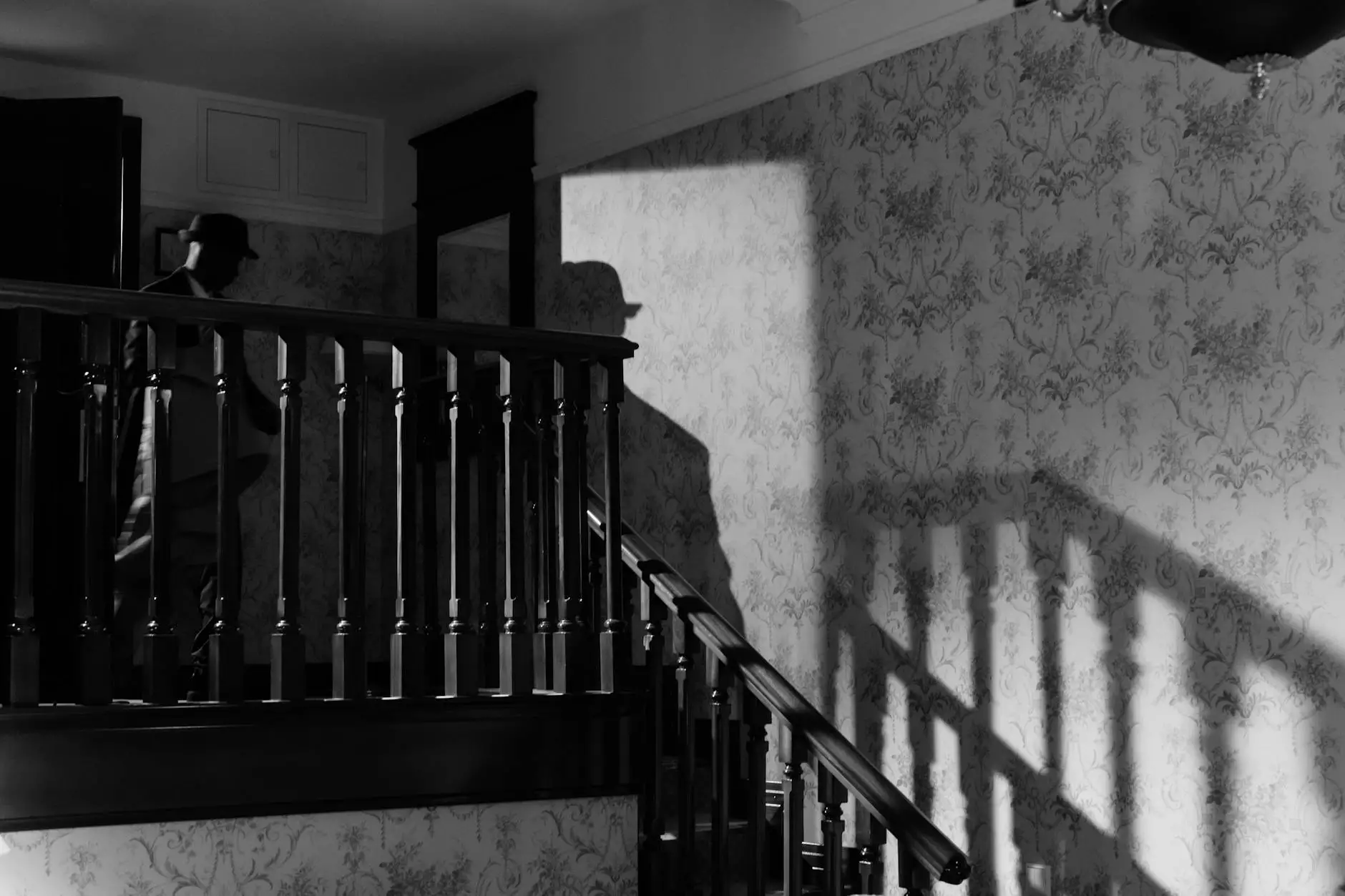The Essential Role of a Private Building Inspector

Understanding the Importance of Private Building Inspectors
A private building inspector is a vital asset in the construction landscape. Their expertise ensures that buildings are safe, comply with local and national regulations, and meet the quality standards demanded by today’s clients. Whether you are a homeowner looking to build your dream home, a contractor seeking compliance, or an investor wanting to ensure that your portfolios are secure, understanding the role of these professionals is critical to success.
The Core Responsibilities of a Private Building Inspector
The responsibilities of a private building inspector can be extensive and vary based on the project requirements. Here are some of the core duties they perform:
- Code Compliance Review: Inspectors verify that all building codes, zoning laws, and safety regulations are met.
- Inspection of Building Plans: They assess and approve architectural plans to ensure compliance before excavation even begins.
- Site Inspections: Regular on-site inspections during all stages of construction to identify any potential issues promptly.
- Issuing Reports: After inspections, they provide detailed reports identifying issues, suggesting remedies, and offering compliance verification.
- Consultation: Servicing as a valuable resource for advice on best practices, materials, and construction methods.
Why Hire a Private Building Inspector?
Engaging a private building inspector brings numerous benefits to any construction or renovation project. Here are some compelling reasons to consider their services:
- Expertise: With their specialized training, private inspectors possess in-depth knowledge of construction methods and codes.
- Peace of Mind: Knowing that a qualified professional is overseeing the compliance and quality of the work can significantly reduce stress.
- Cost Efficiency: Identifying issues early can save you from costly repairs down the line.
- Protection of Investment: Ensuring that the project adheres to standards protects your investment and enhances property value.
- Facilitation of Permits: They help in navigating the process of obtaining necessary permits, ensuring compliance at every step.
The Process of Engaging a Private Building Inspector
Hiring a private building inspector involves several steps to ensure you choose the right professional for your needs. Here’s a streamlined process for engagement:
- Research and Recommendations: Start by researching local inspectors or seek recommendations from trusted contacts in the construction industry.
- Check Qualifications: Ensure that the inspector is licensed and certified in your area, and request references from previous clients.
- Interview Candidates: Meet with potential inspectors to discuss your project, their experience, and their approach to inspections.
- Discuss Pricing: Inquire about their fee structure. Is it per inspection or a flat fee? Understand all costs upfront.
- Review Contracts: Carefully review any contracts or agreements to understand the scope of work and terms of service.
Common Issues Identified by Private Building Inspectors
One of the most valuable aspects of hiring a private building inspector is their ability to spot various issues that could lead to complications. Common problems they often identify include:
- Structural Deficiencies: Issues with load-bearing walls and foundation integrity.
- Moisture Problems: Signs of water intrusion or poor drainage that could result in mold growth.
- Electrical Issues: Improper wiring, lack of grounding, and non-compliance with electrical codes.
- Plumbing Failures: Issues with drainage systems, pipe integrity, and sanitary facilities.
- Insulation Deficiencies: Inadequate insulation that may lead to high energy costs and discomfort.
The Impact of Private Building Inspectors on Home Services
In the realm of home services, the impact of a private building inspector is profound. Their role is pivotal in quality assurance, allowing homeowners to enjoy peace of mind. The detailed inspections help ensure that any renovations, extensions, or new builds are compliant with local building codes and are safe for habitation. This is critical not only for ensuring safety but also for future property sales, as homes with thorough inspection reports are generally deemed more valuable.
How Private Building Inspectors Collaborate with Contractors
Collaboration between private building inspectors and contractors fosters better communication and understanding of project expectations. This synergistic relationship is beneficial for both parties, ensuring that projects are completed on time and within budget while adhering to regulations. Here’s how they work together:
- Regular Check-Ins: Inspectors schedule regular meetings with contractors to review progress and address any immediate concerns.
- Guidance on Best Practices: Inspectors provide contractors with guidelines to ensure best practices are followed in construction.
- Documentation Support: They assist contractors in understanding documentation requirements for inspections and permits.
The Future of Building Inspections
The world of construction is evolving, and with it, the role of the private building inspector. Advances in technology, such as drones for large site inspections and software for managing inspection reports digitally, are enhancing efficiency and accuracy. These tools not only speed up the inspection process but also provide detailed analyses that facilitate better compliance. The trend towards sustainability and eco-friendly practices in construction is also shaping the future roles of inspectors, positioning them as essential advisors in sustainable building practices.
Conclusion – The Indispensable Role of a Private Building Inspector
In conclusion, the role of a private building inspector cannot be underestimated in the complexities of construction. From ensuring compliance to protecting investments and enhancing safety, their contributions are invaluable. As the construction industry continues to evolve, engaging expert inspectors will be increasingly essential for anyone involved in building or renovating properties. For a safer and compliant construction experience, make sure to prioritize the services of a qualified private building inspector.









